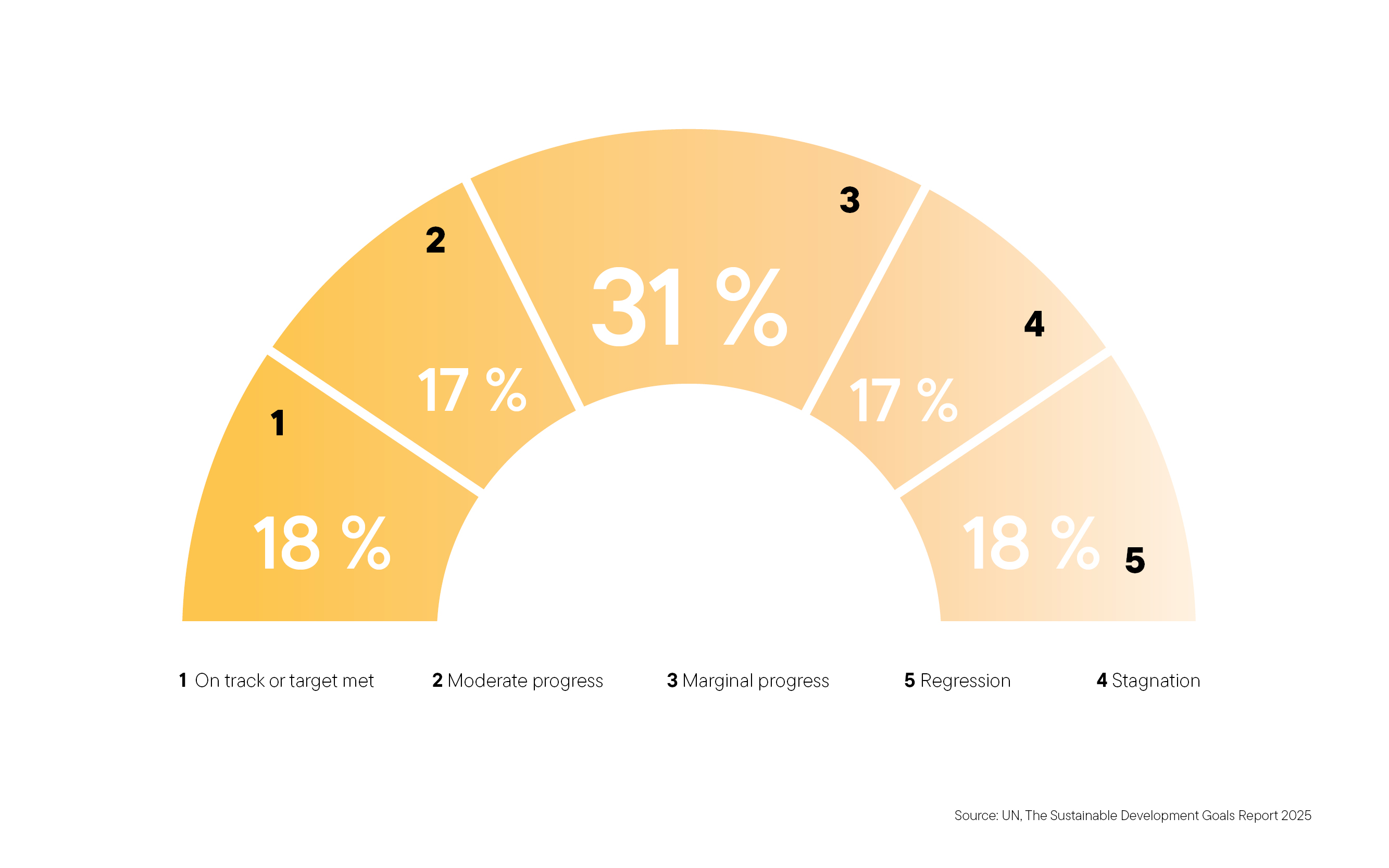Violence breeds violence in Africa
States of violence. Politics, youth, and memory in contemporary Africa.
University of Virginia Press,
Charlottesville 2006, 320 p.,
US$49.50, ISBN 978-0-8139-2569-1
This collection of papers is about violent conflict in Africa, discussing – more from an ethnographic than a political-science perspective – the role of youth, and how memories of violence are cultivated. Early on, a methodological chapter looks at whether academic research on violence is fundamentally different from other academic research, and Donald L. Donham concludes that experiences of violence reinforce group identities more than any other events. Sometimes, victims’ narratives of violence – the basis of analyses – make it appear as if behaviour patterns and identities had always existed, whereas they actually stem from the experience of violence.
The main section of the book includes several case studies, two of which deal with Sierra Leone. William Reno describes how political-economic networks in the pre-war period undermined that countriy’s institutions of government, creating the conditions for violent collapse in the 1990s. Martha Carey focuses on youth and on how secret societies may control everyday life, particularly in rural areas. She looks at the horrific excesses of the Revolutionary United Front (RUF) and disputes the theory that amputations were an expression of aimless and senseless violence: “At that time, amputations were associated with conscious messages to the government and/or the international community.”
Other articles address the memories of the Diola–Fula conflict in Guinea-Bissau, the role of the Bakassi Boys in south-eastern Nigeria and gang violence in South Africa. Jocelyn Alexander and JoAnn McGregor offer a very informative study of the history of the ZIPRA war veterans in Zimbabwe and their relationship with the state apparatus. They refer mainly to the post-2000 land expropriations, explaining how nationalism and patriotism were re-interpreted at the time.
“States of violence” is based on a lecture course at Emory University in Atlanta. The book reflects the complex causes of violent conflict in Africa. Neither editors nor authors presume to suggest simple solutions to strife still going on – and that is one reason why this book deserves to attract a wide range of readers in scholarship as well as development agencies.
Ruben Eberlein






